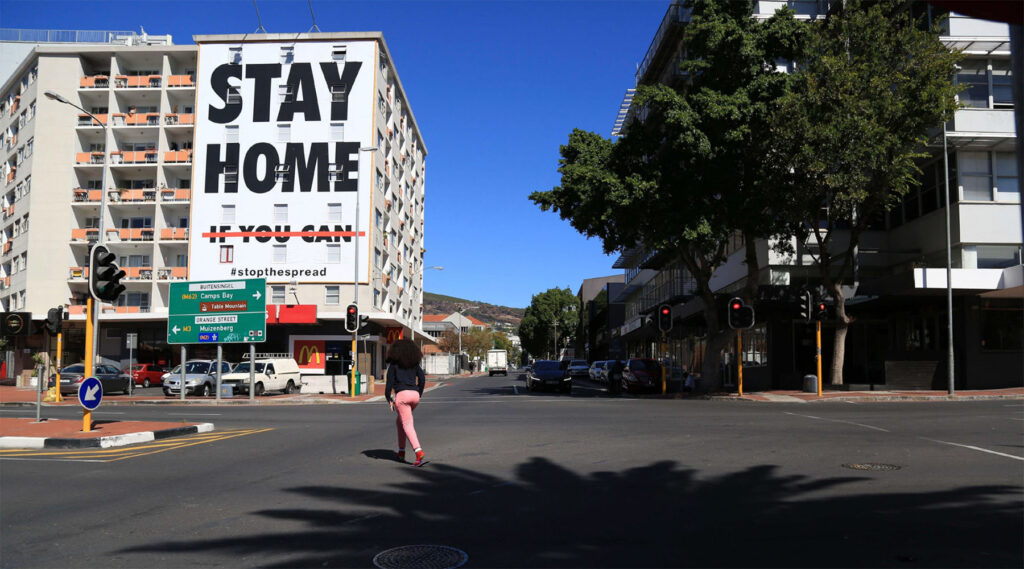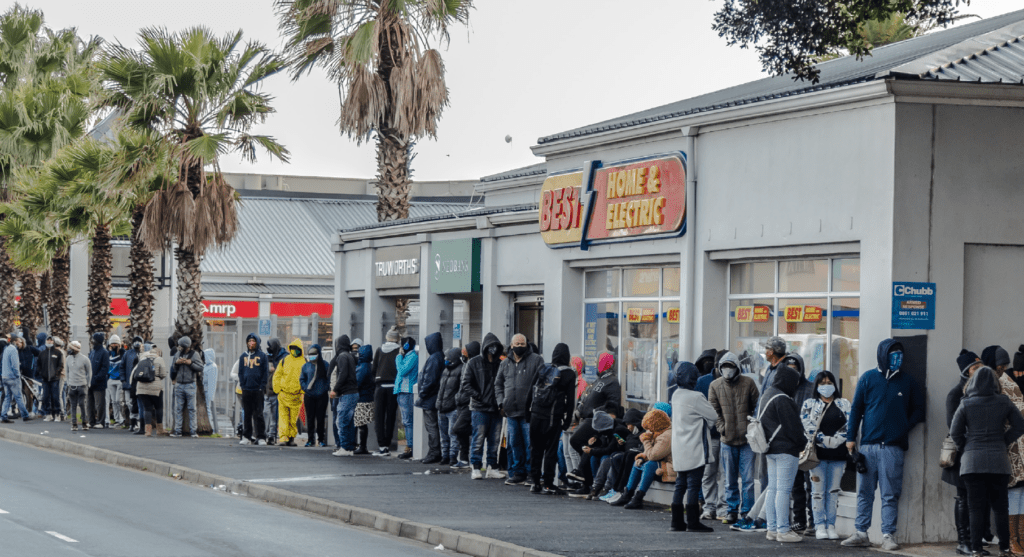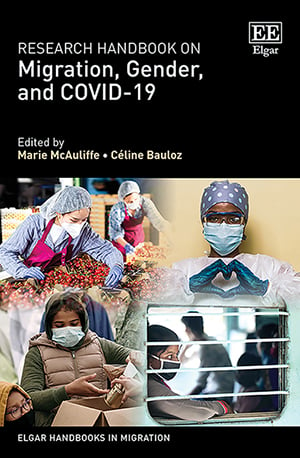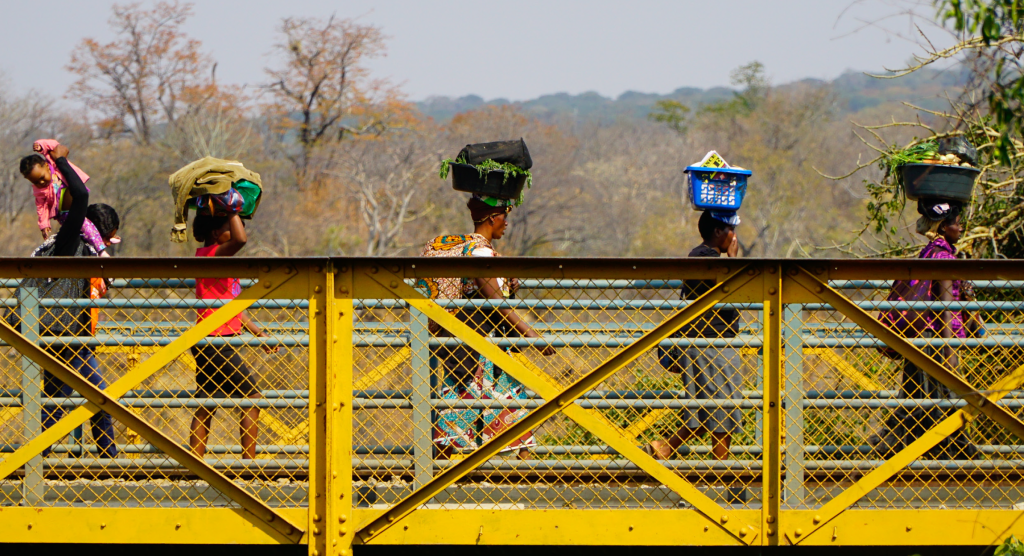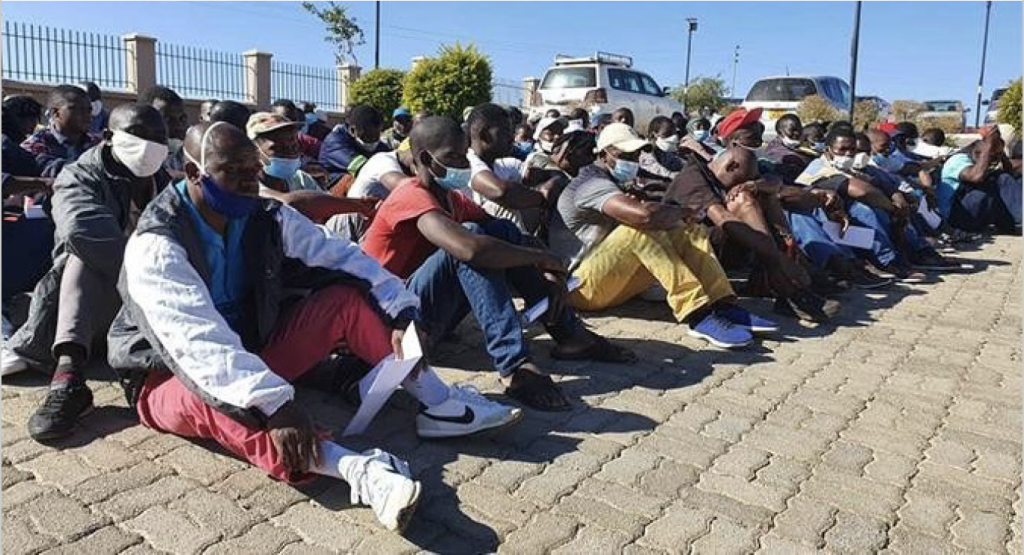Addressing Urban Food Security Challenges for South-South Migrants
This policy brief examines the growing phenomenon of South-South migration, with a focus on the challenges of urban food security faced by migrants moving from one Global South country to urban areas in another. South-South migration has become increasingly significant, yet it remains under-researched, especially regarding the food insecurity that many migrants face in their […]
Addressing Urban Food Security Challenges for South-South Migrants Read More »

